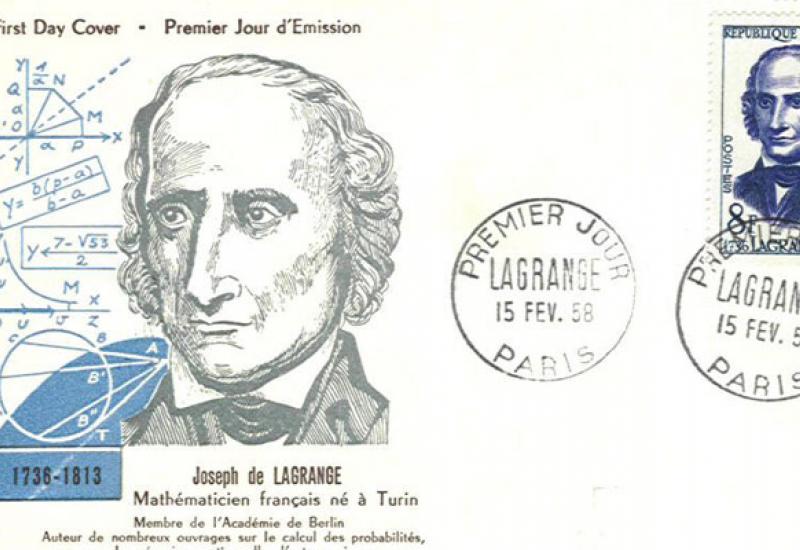"Lagrange - the greatest pyramid of Mathematical Sciences" – by these words Napoleon Bonaparte assessed the outstanding scientist and mathematician of XVIII century Joseph Louis Lagrange. He made him a senator, Count of the Empire and Commander of the Legion of Honor.
In the veins of Lagrange (25/01/1736 - 10/04/1813) there was Franco-Italian blood, but the Frenchman dominated in it. Born in Turin (Italy), he was the eleventh child of a bank clerk, and the only one who did not die in childhood. His father was a wealthy man at first, but banking drove badly, and so when Joseph Louis was preparing to enter into its own sole heir, there was nothing to inherit. "If I went to a large inheritance, probably I would not link my fate with math" - recalled Lagrange.
In 14 years, Lagrange already had scientific works. At the age of 17 he became a teacher of mathematics at the Royal Artillery School in Turin. Despite the fact that Lagrange was younger than his disciples, he enjoyed the glory of a wonderful teacher.
In 19 years, Lagrange became professor of mathematics. Thus it was began his work - one of the most exciting in the history of mathematics. From the outset, Lagrange was an analyst, not a geometer. In it we see firstly the specialization, which was then almost essential in mathematical research.
Lagrange works on mathematics, astronomy and mechanics make up 14 volumes. In mathematical analysis, he gave a formula for the remainder term of the Taylor series, and Lagrange's theorem and the consequences that follow from it, became the basis for the study of functions. In the field of differential equations he created the theory of singular solutions and developed a method of variation of arbitrary constants. In his classic work "Analytical Mechanics" (1788) Lagrange summarized everything that was done in the mechanics during the XVIII century. Together with Euler he was the founder of analytical methods in the calculus of variations. In algebra he constructed a theory of equations, which resulted in the further development of the theory of Galois groups. Lagrange also developed the theory of numbers, gave the first partial solution of the problem of three bodies, worked to develop a character notation.
Lagrange believed that a mathematician do not fully understand his work, while not able to make it so clear to go out and explain it to the first comer. Karl Marx highly appreciated his works: "The great merit of Lagrange is not only that he substantiated the differential calculus, but also that he introduced the notion of derivative of a function."
Together with his students Lagrange founded the Turin Academy, was a member of the Academies of Sciences in Paris and Berlin.
His last words were: "I have done my job, achieved some success in mathematics. I have never experienced hatred, did not do anything wrong ... ".

